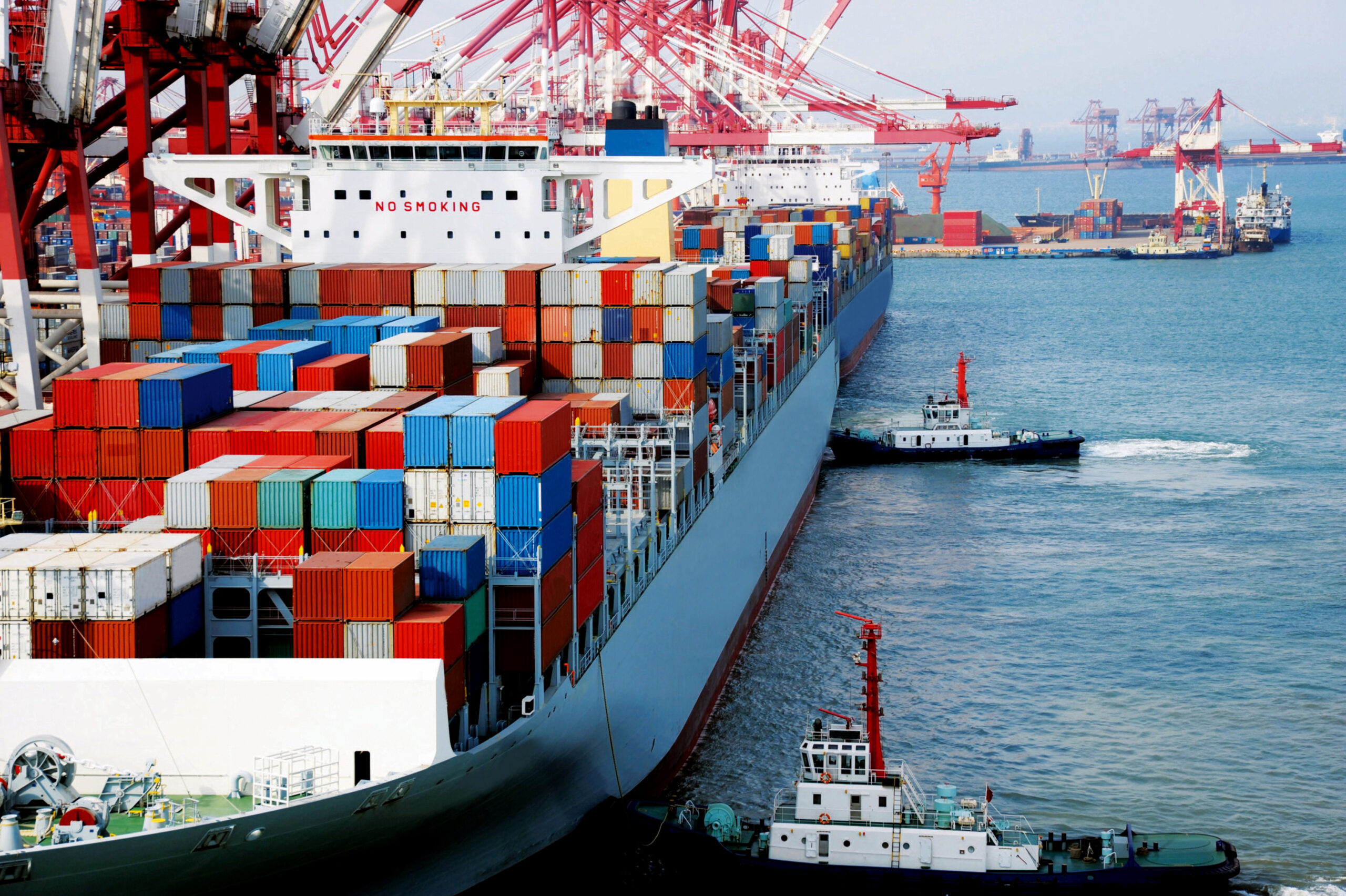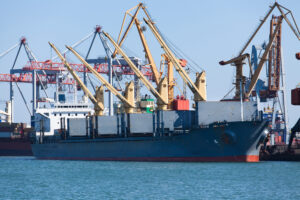Global goods trade is projected to post a 2.7% increase in 2024, up slightly from the previous estimate of 2.6%, World Trade Organization (WTO) economists said in an updated forecast on October 10.
In its updated global trade outlook, the international body WTO forecasts that the volume of world merchandise trade is likely to increase by 3.0% in 2025.
However, rising geopolitical tensions and increased economic policy uncertainty continue to pose substantial downside risks to the forecast.
WTO economists note that global merchandise trade turned upwards in the first half of 2024 with a 2.3% year-on-year increase, which should be followed by further moderate expansion in the rest of the year and in 2025.
The rebound comes on the heels of a -1.1% slump in 2023 driven by high inflation and rising interest rates.
“We are expecting a gradual recovery in global trade for 2024, but we remain vigilant of potential setbacks, particularly the potential escalation of regional conflicts like those in the Middle East. The impact could be most severe for the countries directly involved, but they may also indirectly affect global energy costs and shipping routes,” Director-General Ngozi Okonjo-Iweala said in a statement.
According to the report, Asia’s export volumes will grow faster than those of any other region this year, rising by as much as 7.4% in 2024. The region saw a strong export rebound in the first half of the year driven by key manufacturing economies such as China, Singapore and the Republic of Korea.
Asian imports show divergent trends: while China’s growth remains modest, other economies such as Singapore, Malaysia, India and Viet Nam are surging.
This shift suggests their emerging role as “connecting” economies, trading across geopolitical blocs, thereby potentially mitigating the risk of fragmentation.
On the other hand, Europe is now expected to post a decline of 1.4% in export volumes in 2024. Imports are forecast to decrease by 2.3%, WTO said.
“Germany’s economy contracted by 0.3% in the second quarter, with manufacturing indicators hitting 12-month lows in September. European exports have been dragged down by the region’s automotive and chemicals sectors. A slump in EU exports of automotive products is worrying due to the potential impact on the sector’s extensive supply chains,” the report noted.
Meanwhile, Mexican imports are rebounding after a contraction in 2023, underscoring the country’s growing role as a “connecting” economy in trade.



